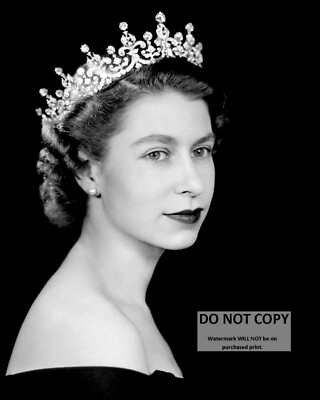
Introduction
Queen Elizabeth II, who reigned from 1952 until her passing in September 2022, remains one of the most significant figures in contemporary history. Her contributions spanned not just Britain but also the Commonwealth, making her a pivotal character in world affairs. Understanding her legacy is crucial as we reflect on her impact and the changes she witnessed during her 70-year reign.
Significant Milestones of Her Reign
Queen Elizabeth II ascended to the throne at the young age of 25, following the death of her father, King George VI. Her early reign faced numerous challenges, including the Suez Crisis, the decolonisation of Africa, and shifting social norms in Britain. One of the key moments was her televised coronation in 1953, which transformed the perception of monarchy in the new age of media.
Throughout her reign, she also played an essential role in modernising the monarchy, adapting to social changes while maintaining traditions. Her ability to connect with the public was evident in events like the Silver Jubilee in 1977, which marked 25 years on the throne and drew massive celebrations across the UK.
The Role in the Commonwealth
Queen Elizabeth’s role in the Commonwealth of Nations was equally pivotal. She acted as a symbol of unity and continuity, overseeing its evolution from a collection of territories to a diverse family of nations. Her commitment to fostering goodwill and cooperation was recognised in initiatives enhancing diplomatic relations, education, and development across member states.
Legacy and Impact
Following her death, tributes poured in from around the world, highlighting her dedication, humility, and service. Queen Elizabeth’s unwavering dedication to her duties has set a benchmark for future monarchs. The monarchy faces challenges, including debates over its relevance in a modern democratic society, yet her influence might ensure its continuation in some form.
As Charles III begins his reign, the expectations built around him are immense. People speculate about the future of the monarchy, with observers noting that Queen Elizabeth’s legacy may inspire a more modern approach to royal duties.
Conclusion
In reviewing Queen Elizabeth II’s reign, it’s clear that her influence goes beyond her titles. Her ability to adapt to changing times and connect with her subjects established a deep-rooted respect for her role as monarch. The significance of her legacy remains profound as Britain and the Commonwealth navigate the future, still echoing her values of service, resilience, and unity.
You may also like

The Role of Metro Systems in Modern Cities

Costa Coffee’s Commitment to Sustainability in 2023
